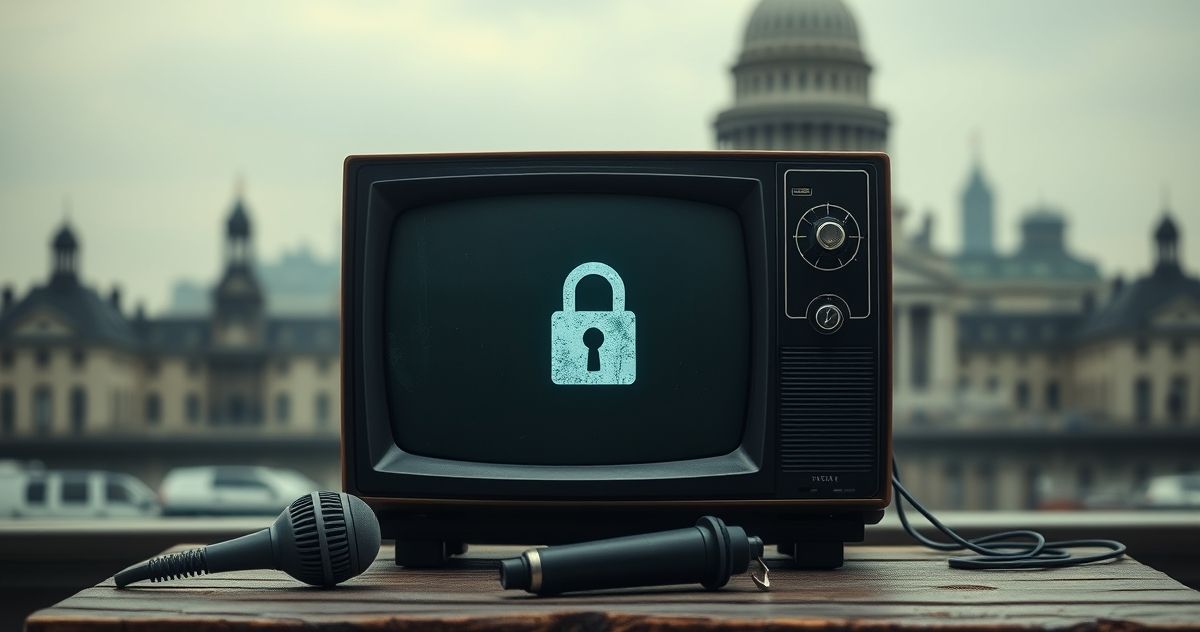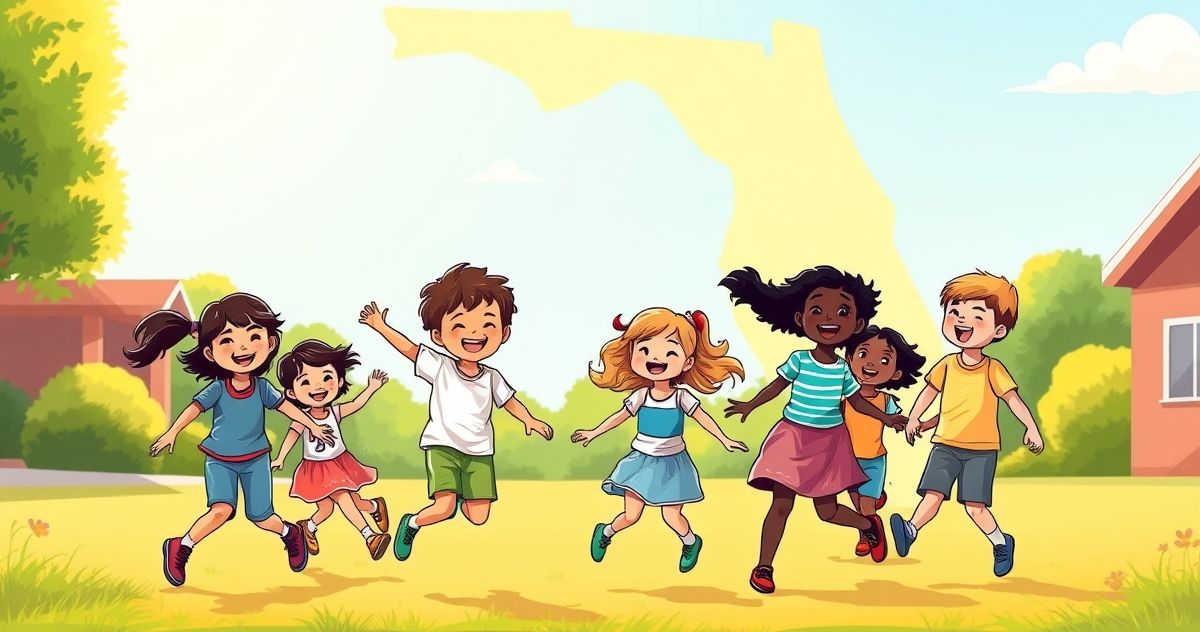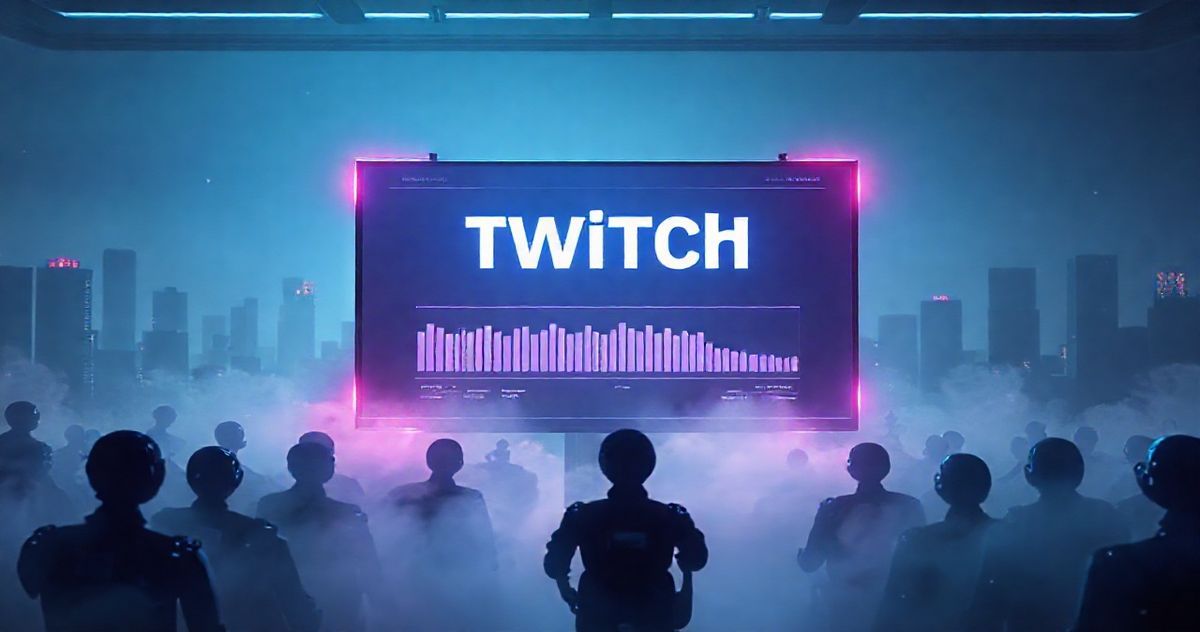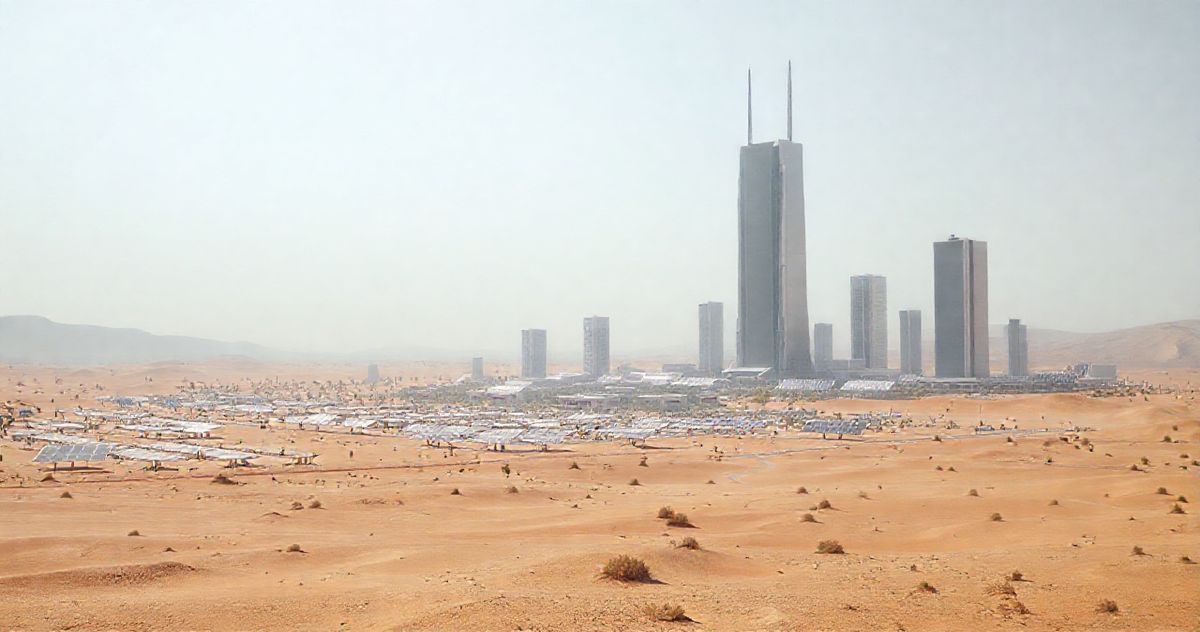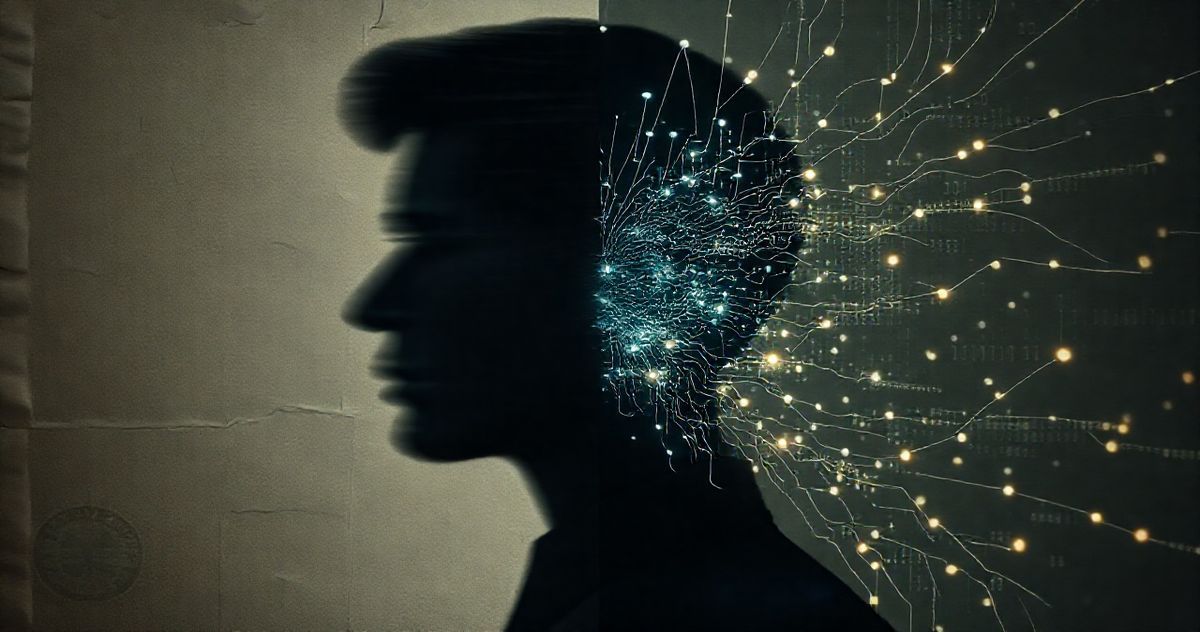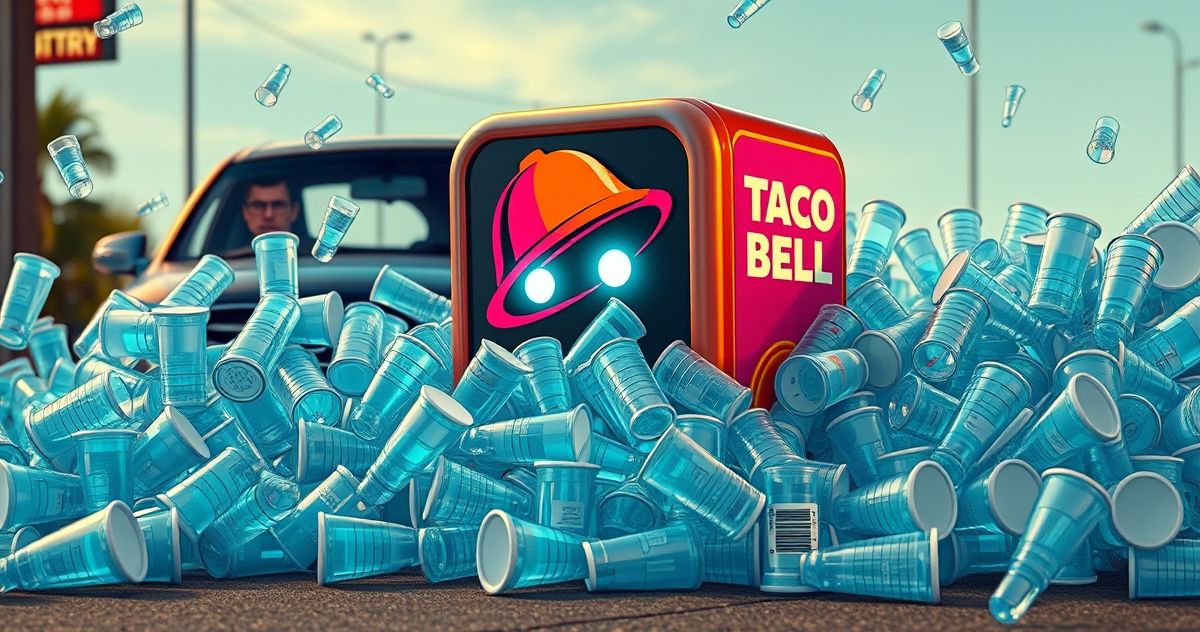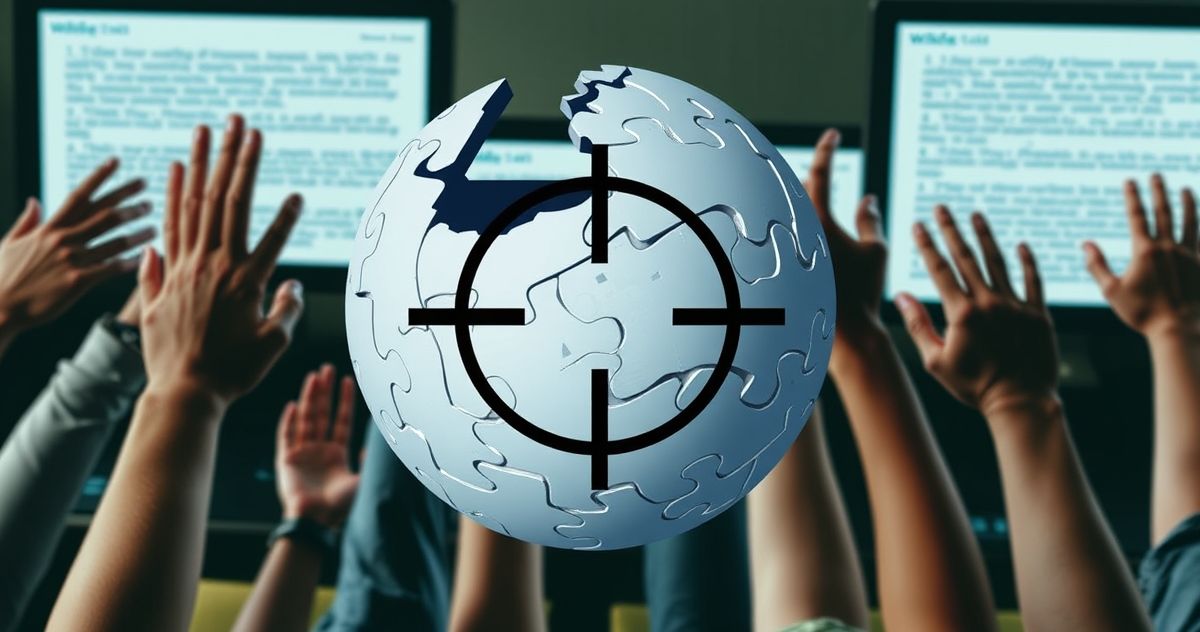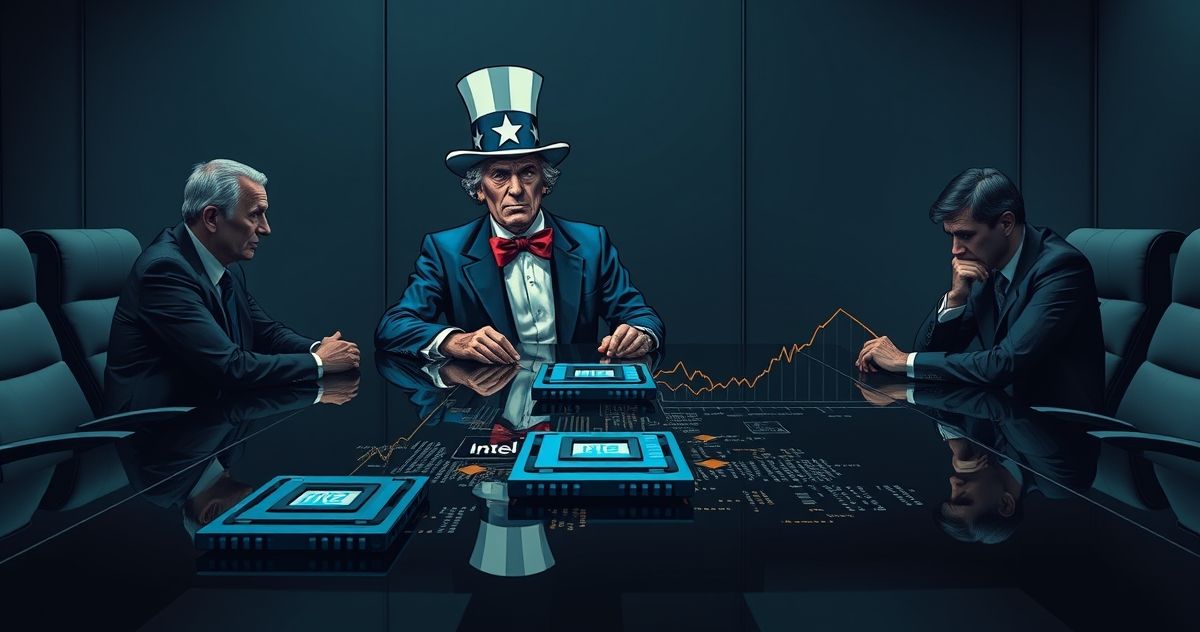Ever stopped to think about who decides what gets beamed into your living room? Who gives the local news anchor the green light to tell you about the weather, or why that classic rock station always seems to play your favorite songs? It’s not just a free-for-all out there. There are rules, and a big part of that comes down to the Federal Communications Commission, or FCC.
Recently, there’s been a lot of talk, especially from former President Trump, about the FCC stepping in to revoke licenses from certain “fake news” networks. This isn’t just a political soundbite; it touches on some really fundamental stuff about how we get our information, and whether the government should have a say in what’s true or false.
### What’s an FCC License Anyway?
Think of an FCC license as permission to use a specific part of the public airwaves. Back in the day, when radio and TV first took off, everyone wanted a piece of the pie. Without rules, signals would constantly crash into each other, and you wouldn’t be able to hear or see anything clearly. So, the government stepped in to manage the airwaves, deciding who gets to broadcast on which frequency.
This isn’t just about avoiding static. The FCC also has a responsibility to ensure these licensees operate in the “public interest.” This vague-sounding idea is supposed to mean they provide diverse programming, serve their communities, and generally act responsibly. But here’s where it gets a little tricky:
* **What an FCC broadcast license *does* cover:** This applies to traditional, over-the-air television stations (like your local ABC, CBS, NBC, or Fox affiliates) and radio stations. These are the broadcasters who use public frequencies.
* **What it *doesn’t* cover:** Most of the major cable news channels (think CNN, Fox News, MSNBC) don’t actually hold FCC broadcast licenses. They operate on cable or satellite systems, which are regulated differently. The same goes for news websites, podcasts, and social media. These platforms aren’t using public airwaves in the same way, so their content isn’t under the same kind of direct FCC scrutiny regarding licensing.
* **How licenses are usually revoked:** Historically, license revocations by the FCC are rare and typically involve serious violations like indecency, fraud, or repeatedly failing to meet technical standards, not because the government dislikes their reporting. Taking a license away for content is a huge step, and it raises a lot of questions about free speech.
### A Slippery Slope? Why This Matters
When someone suggests revoking a news organization’s license because their reporting is deemed “fake news,” it opens a really big can of worms. Who gets to decide what’s fake? If it’s the government, that’s a pretty powerful tool to have. Imagine a world where the only news you hear is the news the government approves of. Doesn’t sound great, does it?
The whole idea of a free press is that it acts as a watchdog, keeping an eye on those in power. If the government can silence outlets it disagrees with, that watchdog becomes a lapdog. It creates a chilling effect, where journalists might start to self-censor, afraid that reporting something unpopular could cost them their jobs and their station its ability to broadcast. This isn’t about protecting bad journalism; it’s about protecting the principle that no single entity, especially the government, should control the flow of information.
### Who Watches the Watchers?
I remember a few years back, during a really intense local election, I was trying to figure out what was really going on. One TV station I usually trusted seemed to be giving a lot of airtime to one candidate, almost like an infomercial. Meanwhile, an online community forum was buzzing with totally different stories, some of them pretty wild. I ended up digging into local newspaper articles, listening to a different radio station, and checking a few national sources. It took effort, but I got a more complete picture. What if that first TV station had been the *only* option, and any other local source that offered a different perspective had been shut down because someone in power labeled it “fake”? It would have been impossible for me to get the full story.
That experience really drove home why having diverse voices in the media is so important, even if some of them are biased or even flat-out wrong sometimes. It lets *us*, the audience, compare, contrast, and ultimately make up our own minds. If the government becomes the arbiter of truth, it takes that power away from us.
This isn’t to say misinformation isn’t a problem. It absolutely is. But finding a solution that doesn’t involve giving the government unprecedented control over what news outlets can say is crucial. It’s about more than just one network or one president; it’s about the kind of information ecosystem we want to live in.
So, what do you think? Should the government have the power to pull the plug on news outlets it disagrees with, or are there better ways to tackle the problem of misinformation without risking the very foundation of a free press?
